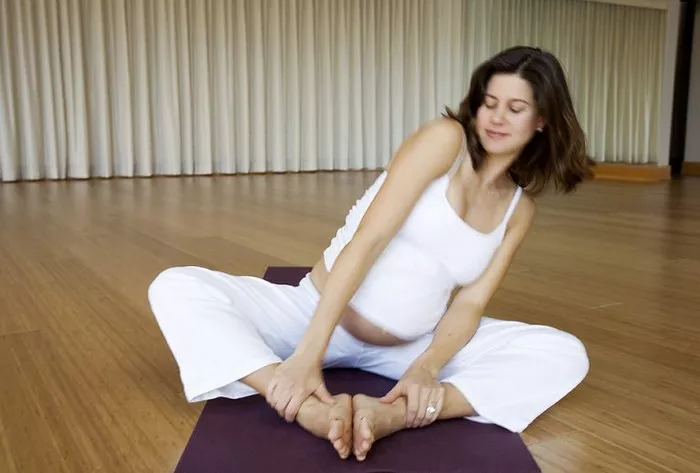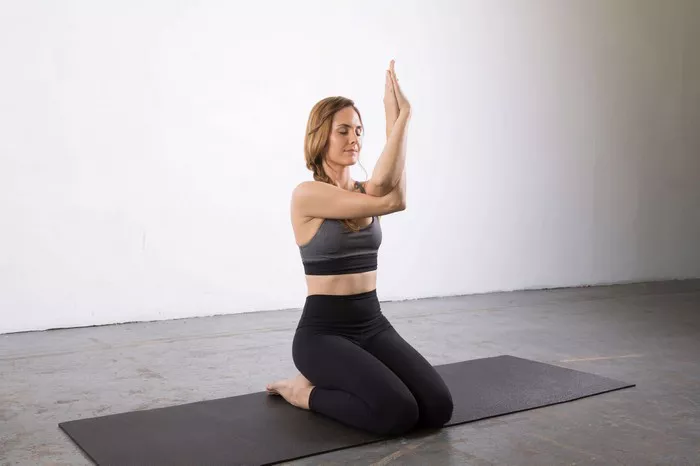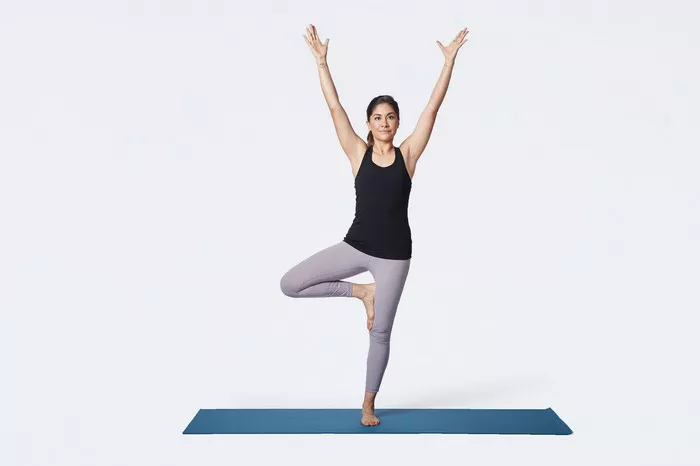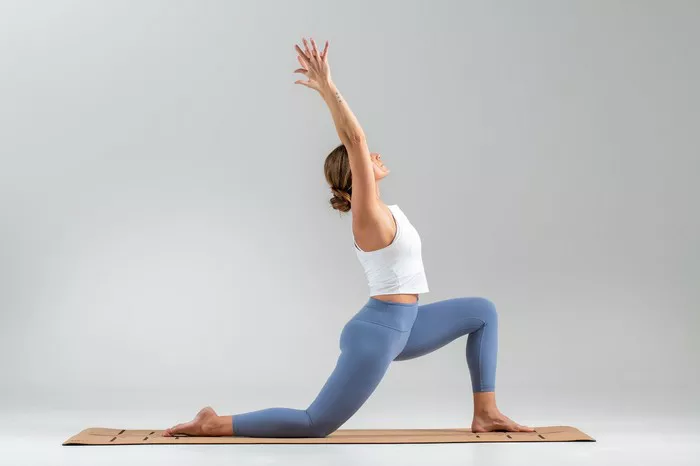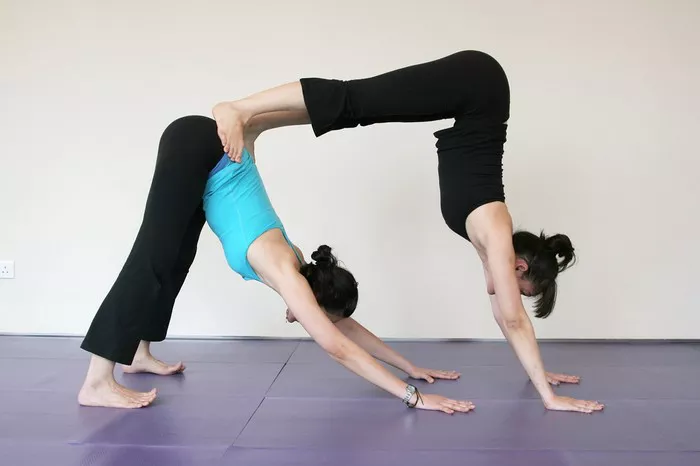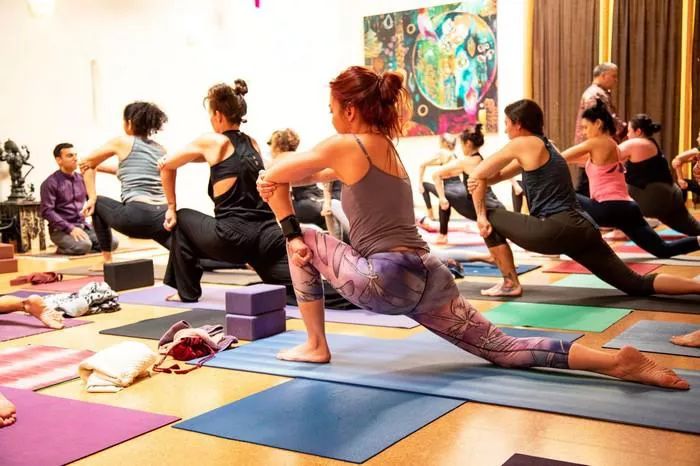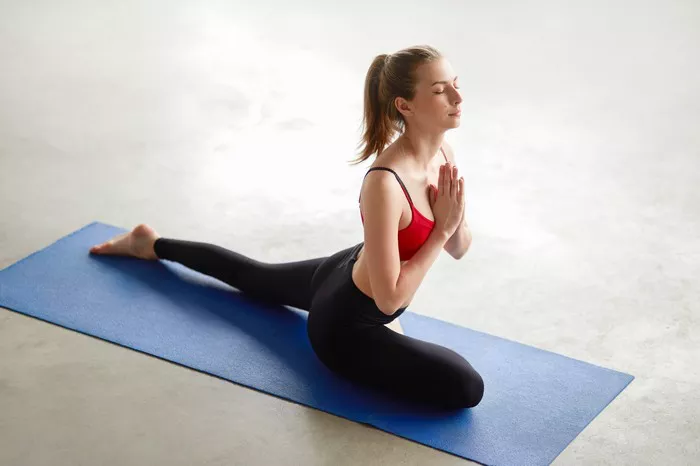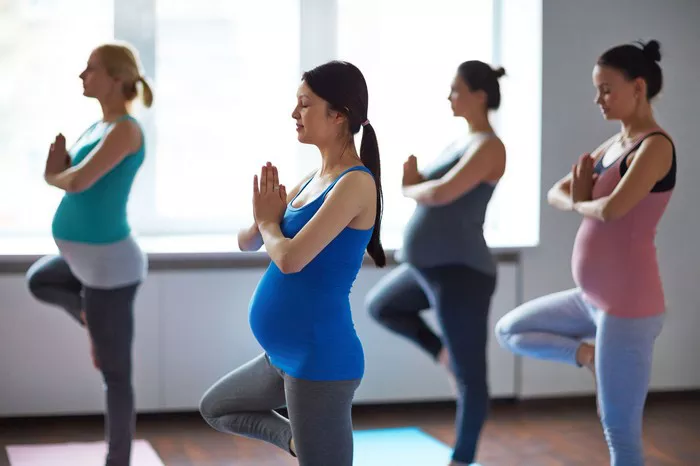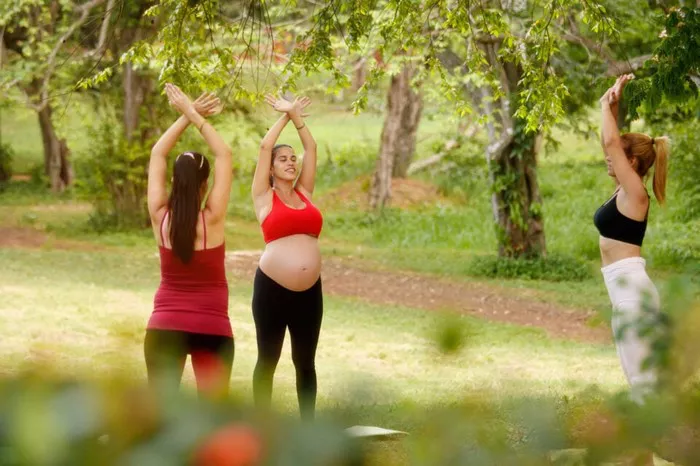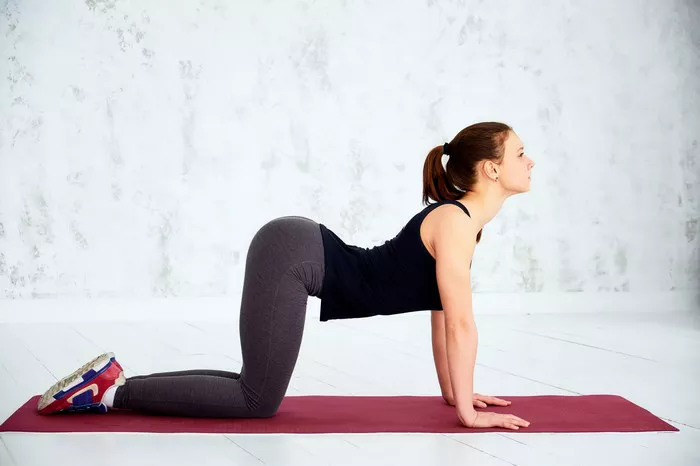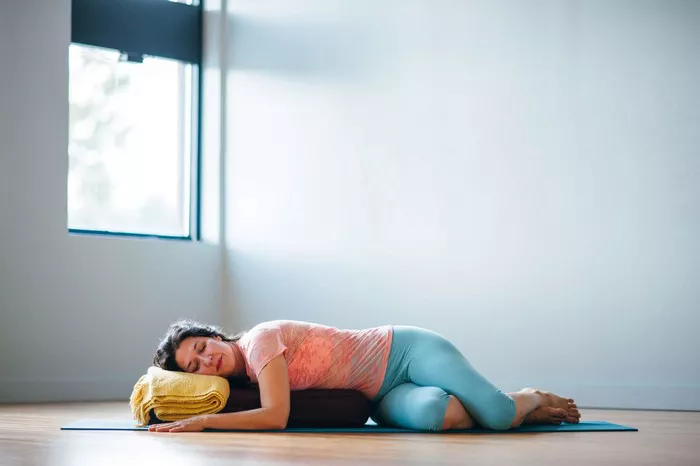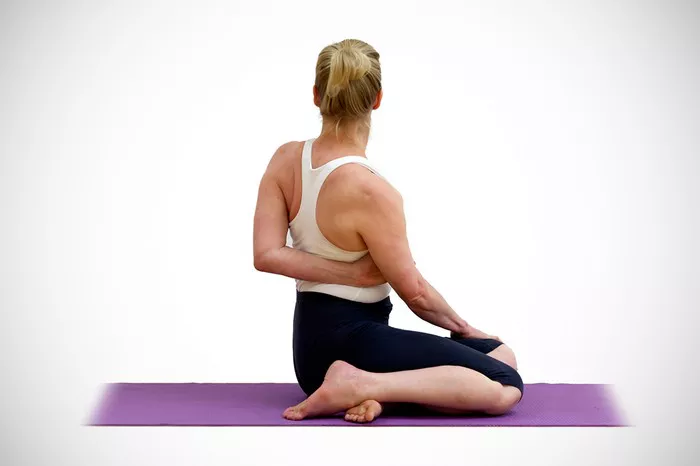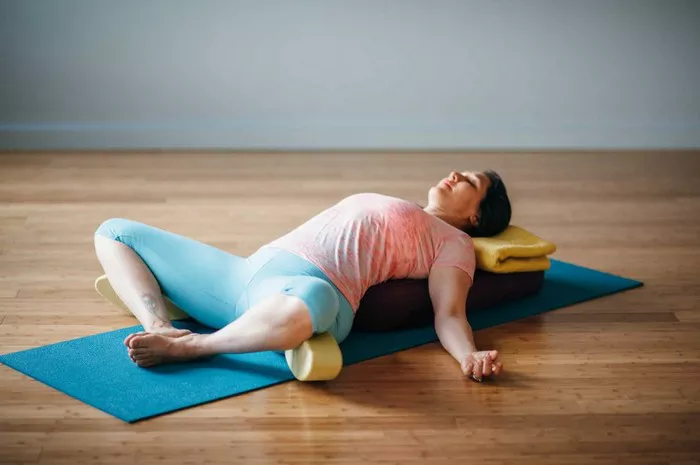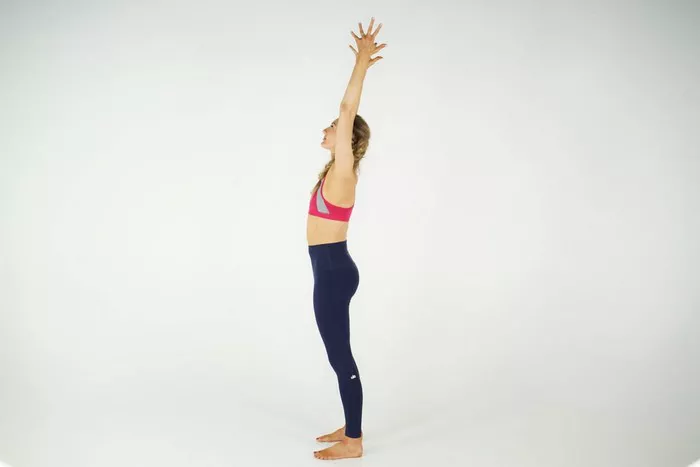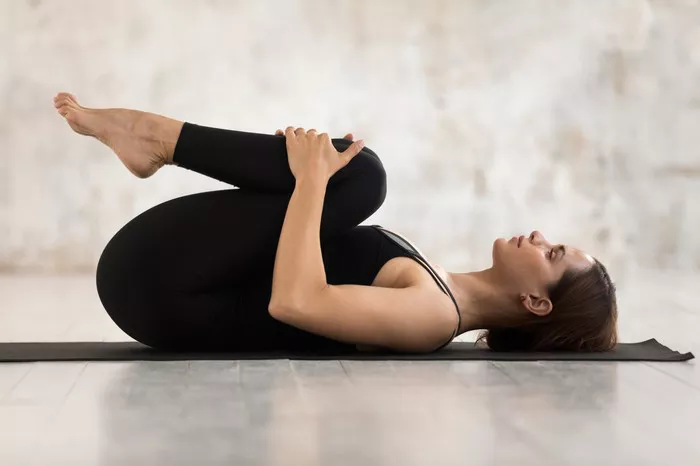Yoga, as an ancient practice, has become increasingly popular in modern society for its numerous physical, mental, and emotional benefits. Among the many forms of yoga, Hatha yoga is one of the most commonly practiced styles, especially for beginners. But if you’re new to yoga, you might be wondering: Is Hatha yoga hard for beginners? The answer isn’t as straightforward as a simple “yes” or “no.” It depends on a variety of factors, including your fitness level, flexibility, and mindset.
In this article, we will break down what Hatha yoga is, what you can expect as a beginner, the challenges you might face, and how you can approach it with confidence. We will also explore the many benefits of Hatha yoga for beginners, which can help make the practice easier and more rewarding over time.
What is Hatha Yoga?
Before diving into whether Hatha yoga is hard for beginners, it’s important to understand what Hatha yoga is and how it differs from other yoga styles. The term Hatha comes from two Sanskrit words: “Ha”, meaning sun, and “Tha”, meaning moon. These words represent the balance of opposing energies within the body—active (sun) and passive (moon).
Hatha yoga is a branch of yoga that focuses on physical postures, or asanas, and breathing exercises, known as pranayama. The aim is to prepare the body and mind for meditation by promoting physical health, strength, and flexibility. Hatha yoga classes typically move at a slower pace compared to more dynamic yoga styles like Vinyasa or Ashtanga, making it a good choice for beginners.
In a typical Hatha yoga class, you can expect to practice a combination of standing poses, seated poses, twists, forward folds, and balances. The emphasis is often on alignment and proper breathing techniques, allowing practitioners to build a solid foundation in their yoga practice.
Is Hatha Yoga Hard for Beginners?
Now, let’s address the main question: Is Hatha yoga hard for beginners? For many, the short answer is: No—Hatha yoga is not typically hard for beginners. In fact, it is often considered one of the most accessible forms of yoga for those who are new to the practice. However, the difficulty level can vary based on a few factors, such as your physical fitness, flexibility, and how comfortable you feel in a yoga setting.
Factors that Influence the Difficulty of Hatha Yoga for Beginners
Fitness Level
One of the most significant factors that can influence your experience with Hatha yoga is your current fitness level. If you are new to exercise or have a sedentary lifestyle, certain poses may feel challenging at first. Poses like Downward-Facing Dog or Warrior I require strength in the arms, core, and legs, which may be difficult for beginners who haven’t built up these muscles.
However, the beauty of Hatha yoga is that it is accessible to people of all fitness levels. Many beginners find the slow-paced nature of Hatha yoga helpful, as it allows them to focus on building strength and flexibility over time. As you progress, you’ll notice improvements in your physical abilities, and what once seemed difficult may become more manageable.
Flexibility
Another factor that can impact your experience with Hatha yoga is your level of flexibility. Many of the poses in Hatha yoga require a certain amount of flexibility, particularly in the hamstrings, hips, and lower back. For beginners who are not yet flexible, poses like Forward Folds and Pigeon Pose can feel quite challenging.
That said, you don’t need to be flexible to start practicing Hatha yoga. Flexibility is something that improves gradually with consistent practice. If you are a beginner and find yourself unable to perform a pose as deeply as the instructor demonstrates, don’t worry. Most Hatha yoga instructors offer modifications and props (like blocks, straps, or blankets) to help make the poses more accessible.
Mental Mindset
Yoga is as much about the mind as it is about the body. If you approach Hatha yoga with the right mindset, you’ll find it easier to navigate any challenges that arise. Beginners often make the mistake of pushing themselves too hard, trying to “perfect” poses right away. Yoga, however, is about cultivating awareness, not perfection. It is essential to listen to your body, honor your limitations, and allow yourself to progress at your own pace.
Breathing
Breathing is an essential part of Hatha yoga, and it can be a challenge for beginners to synchronize the breath with the movements. The practice of conscious breathing (pranayama) helps calm the mind, improve focus, and support the body through the postures. In the beginning, it may be challenging to maintain a steady breath while holding a pose, but with practice, this becomes easier.
Class Environment
The atmosphere in a Hatha yoga class can also impact how easy or hard the practice feels. A welcoming, supportive environment will help you feel comfortable and less self-conscious. Beginners should seek out classes designed specifically for newcomers, where instructors are patient, provide clear instructions, and offer modifications. Many yoga studios offer introductory courses or beginner-friendly classes, which can help ease you into the practice.
Challenges You Might Face as a Beginner
While Hatha yoga is generally not considered hard for beginners, it’s normal to face some challenges when starting out. Here are a few common difficulties and how to overcome them:
Struggling with Flexibility
If you find certain poses difficult due to limited flexibility, don’t be discouraged. It’s completely normal for beginners to struggle with flexibility, and with time and consistency, your flexibility will improve. In the meantime, use props like yoga blocks or straps to assist you in getting into the poses. If a pose feels too intense, don’t hesitate to take a break or modify the pose to make it more comfortable.
Feeling Unstable in Balancing Poses
Balancing poses like Tree Pose or Warrior III can be challenging for beginners. If you feel unstable, try focusing on a steady point in front of you (a technique known as “drishti”) to help improve your balance. Practice the pose near a wall or use a chair for support if needed.
Holding Poses for Extended Periods
In Hatha yoga, poses are often held for longer periods to allow time for alignment, breathwork, and deep stretching. Beginners might find this challenging, especially if they’re not accustomed to holding static postures. If you feel discomfort or strain, come out of the pose gently and rest in Child’s Pose or another restorative position.
Discomfort or Strain
It’s important to distinguish between the natural stretch of a pose and pain or discomfort that signals you might be pushing yourself too hard. Beginners often make the mistake of trying to go too deep into a pose or forcing their body to align in a certain way. Remember, yoga is about listening to your body and working within your own limits.
Overthinking the Practice
Many beginners tend to overthink their practice, focusing too much on how they look or whether they’re “doing it right.” Yoga is a personal practice, and there is no one-size-fits-all approach. Trust that with time, you will develop your own flow and understanding of the poses.
How to Approach Hatha Yoga as a Beginner
To make Hatha yoga more accessible and enjoyable as a beginner, consider these tips:
Start Slow
If you’re new to yoga, it’s important to start slowly. Attend beginner-level classes, and don’t push yourself to perform advanced poses too soon. Allow yourself time to adjust to the practice and gradually build your strength, flexibility, and balance.
Use Props
Props like yoga blocks, straps, and bolsters can help make poses more accessible and comfortable. These tools allow you to modify poses to suit your body and prevent strain.
Focus on Alignment
In Hatha yoga, proper alignment is key to getting the most benefit from each pose while minimizing the risk of injury. Pay attention to the alignment cues your instructor provides and don’t be afraid to ask for help or clarification.
Breathe Mindfully
Learning to control your breath and synchronize it with your movements is one of the most important aspects of Hatha yoga. If you’re struggling to breathe properly, it’s okay to take a break and reset. Over time, mindful breathing will become more natural.
Be Patient and Compassionate with Yourself
Yoga is a lifelong journey, and it’s important to be patient with yourself as you learn the practice. Progress takes time, and every step forward—no matter how small—is an accomplishment. Celebrate your efforts, and try not to judge yourself based on how you think you “should” perform.
Benefits of Hatha Yoga for Beginners
Hatha yoga offers a variety of benefits for beginners, both on and off the mat. Some of the most notable benefits include:
Improved Flexibility
As you consistently practice Hatha yoga, you will notice improvements in your flexibility. Over time, poses that once felt difficult will become easier, and you will have greater range of motion in your joints and muscles.
Enhanced Strength
Hatha yoga helps build strength, especially in the core, arms, and legs. As you hold different poses, you engage muscles you may not typically use, leading to improved muscle tone and overall strength.
Increased Balance and Stability
Balance is a key component of Hatha yoga. Through regular practice, you will develop better stability, coordination, and proprioception (awareness of your body in space).
Stress Relief and Mental Clarity
Hatha yoga is known for its calming effects on the mind. The combination of breathwork, meditation, and gentle movement helps reduce stress, anxiety, and mental tension, leaving you with a sense of clarity and relaxation.
Improved Posture
The focus on alignment in Hatha yoga can help improve your posture by strengthening the muscles that support your spine and teaching you to move with greater awareness.
Better Mind-Body Connection
Perhaps one of the most profound benefits of Hatha yoga is the enhanced mind-body connection it fosters. By practicing mindfulness and focusing on breath and body awareness, you will deepen your connection with yourself.
Conclusion
In conclusion, Hatha yoga is generally not hard for beginners. It is a gentle, accessible form of yoga that focuses on building a foundation of strength, flexibility, and mindfulness. While challenges are inevitable, especially in the beginning, these obstacles are part of the process and can be overcome with patience and consistency.
The key to success in Hatha yoga is to approach the practice with a mindset of self-compassion and openness. With time, you will develop the physical and mental tools necessary to make the practice feel easier and more enjoyable. And as you continue to practice, you will discover the many profound benefits that yoga can bring to your life.
Whether you’re looking to improve your flexibility, relieve stress, or simply enjoy a gentle workout, Hatha yoga offers a welcoming and enriching experience for beginners.
Related topics



